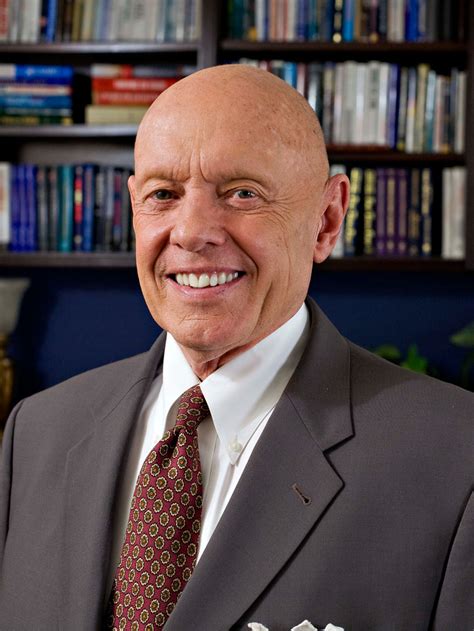A Quote by Rachel Simmons
Self-compassion encourages mindfulness, or noticing your feelings without judgment; self-kindness, or talking to yourself in a soothing way; and common humanity, or thinking about how others might be suffering similarly.
Related Quotes
I have seen that there are a number of people who benefit from doing loving kindness meditation, either prior to or along with mindfulness meditation. It varies from person to person of course, but for many, their practice of mindfulness will bring along old habits of self-judgment and ruthless criticism, so it is not actually mindfulness.
The basis of the self is not thought but suffering, which is the most fundamental of all feelings. While it suffers, not even a cat can doubt its unique and uninterchangeable self. In intense suffering the world disappears and each of us is alone with his self. Suffering is the university of ego-centrism.
Be your authentic self. Your authentic self is who you are when you have no fear of judgment, or before the world starts pushing you around and telling you who you're supposed to be. Your fictional self is who you are when you have a social mask on to please everyone else. Give yourself permission to be your authentic self.
Self-acceptance begins in infancy, with the influence of your parents and siblings and other important people. Your own level of self-acceptance is determined largely by how well you feel you are accepted by the important people in your life. Your attitude toward yourself is determined largely by the attitudes that you think other people have toward you. When you believe that other people think highly of you, your level of self-acceptance and self-esteem goes straight up. The best way to build a healthy personality involves understanding yourself and your feelings.
Your identity, self-esteem, and awareness of your ego lay the groundwork for your life. How you conduct yourself with others, and whether you have the strength to make your way without needing to ask for another's permission, depends on how well you succeed at the many challenges that awaken your need to take charge of who you are.
The more you think about your own self, the more self-centred you are, the more trouble even small problems can create in your mind. The stronger your sense of 'I', the narrower the scope of your thinking becomes; then even small obstacles become unbearable. On the other hand, if you concern yourself mainly with others, the broader your thinking becomes, and life's inevitable difficulties disturb you less.
I like how Mother Teresa put it: "Let no one ever come to you without leaving better and happier. Be the living expression of God's kindness: kindness in your face, in your eyes, in your smile." If you approach life this way, always looking for ways to build instead of to tear down, you'll be amazed at how much happiness you can give to others and find for yourself
Your false self is always that which is passing away. Your true self doesn't go up or down, it's constant - it's a rock. Once you learn how to live there, what others say about you, your failures or successes - these don't send you on a roller coaster ride down or up. It's really the only way to peace. There's no other way to be peaceful except in the true self.
Your anxiety is your baby. You have to take care of it. You have to go back to yourself, recognize the suffering in you, embrace the suffering, and you get relief. And if you continue with your practice of mindfulness, you understand the roots, the nature of the suffering, and you know the way to transform it.
If none of your role models provide the answer, then it is time to go within and ask yourself, "What would make me happy?" In other words, let your feelings guide you. This doesn't work well if you focus narrowly on your personal needs. I am not talking about selfishness or self-interest. When I ask, What will make you happy?, I mean, What way of loving others feels right for you? Choose a way of loving that makes you happy, and your efforts will be play rather than work.
I think of veganism humbly and holistically. It's about taking personal responsibility in a world so full of needless suffering. It's challenging one's self to open one's eyes and question society's assumptions and habits. It's about critical thinking and compassion and how we would like to see the world evolve.

































